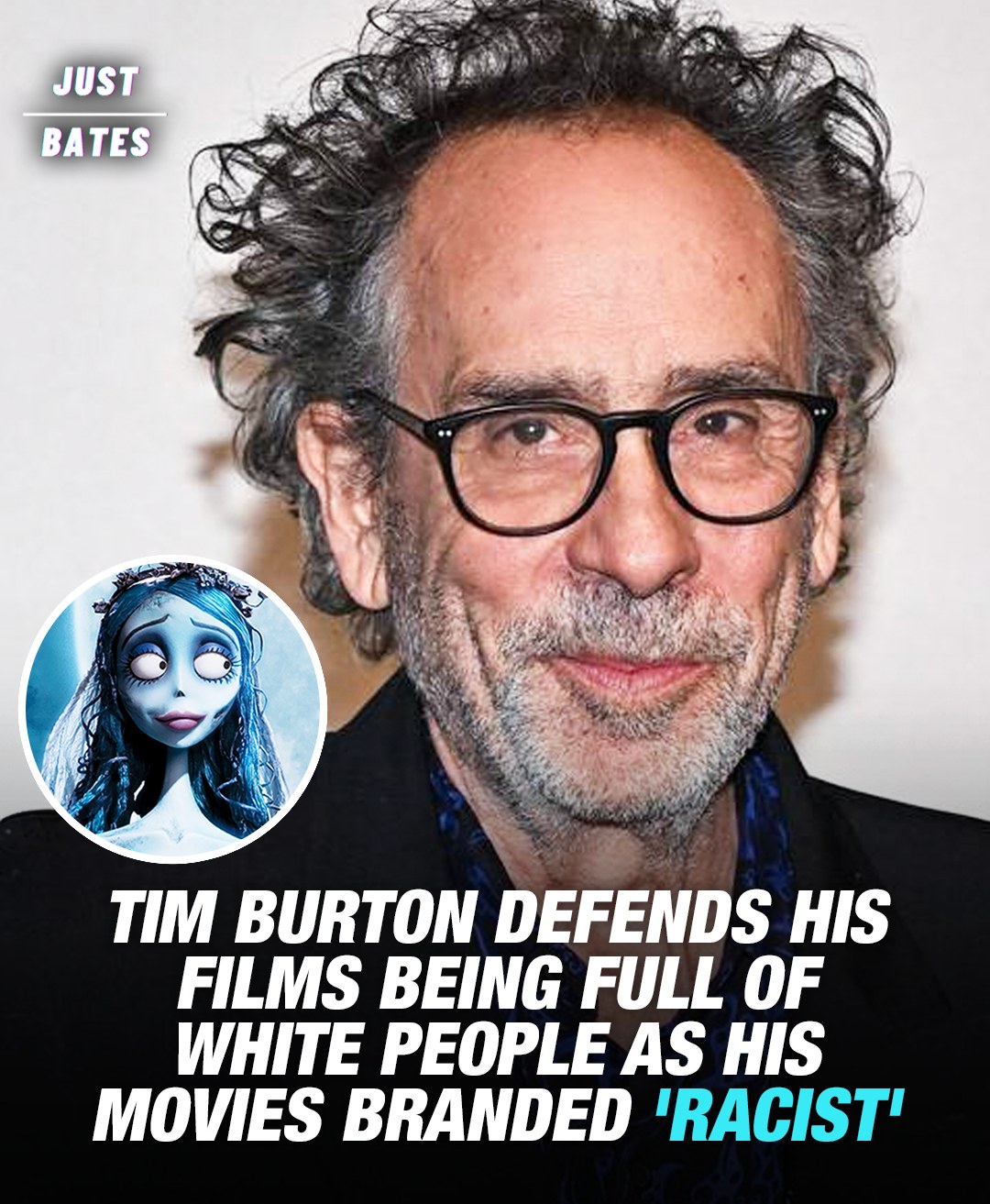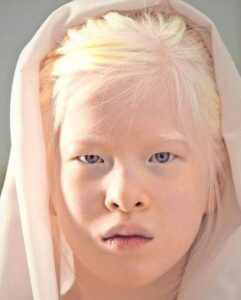Tim Burton, a director famous for his iconic goth-inspired style, has often been celebrated for creating some of the most visually unique films in Hollywood. However, his work has also faced criticism for its lack of racial diversity, with the latest scrutiny focusing on his Beetlejuice sequel.
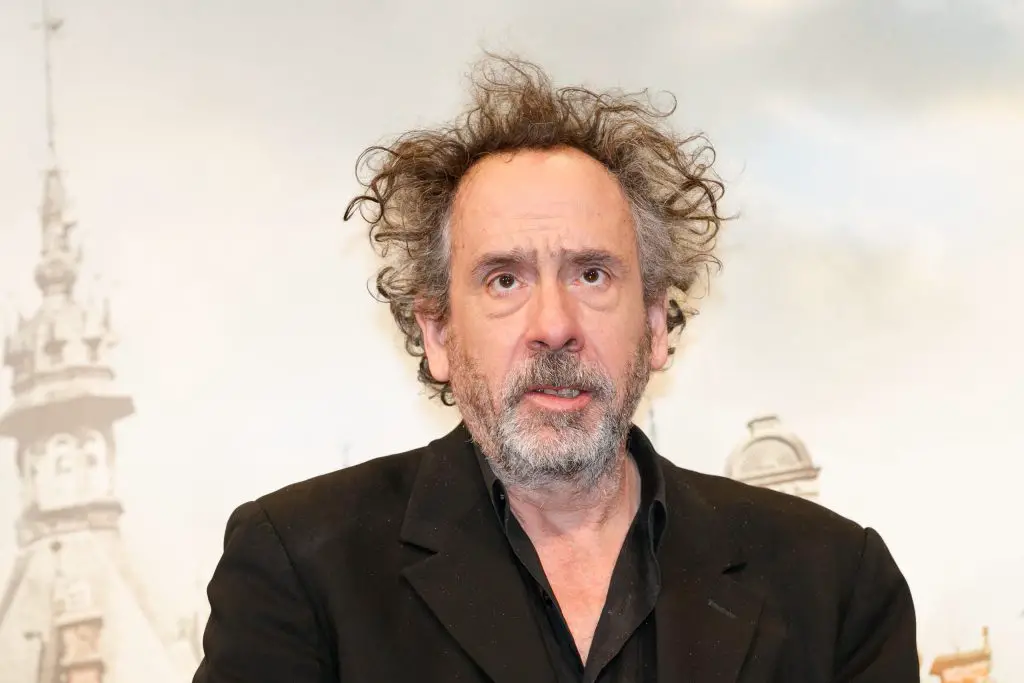 Tim Burton’s movies are recognized for their distinctively gothic style. Credit: Alamy
Tim Burton’s movies are recognized for their distinctively gothic style. Credit: Alamy
Burton’s Past Films and Lack of Representation
Throughout his career, Burton has been known for films like Alice in Wonderland (2010), Charlie and the Chocolate Factory (2005), and Batman (1989), all of which have been highly successful at the box office. However, despite his success, his movies have repeatedly come under fire for featuring predominantly white casts, with very few Black actors represented.
The issue of racial representation in Burton’s films dates back as far as The Nightmare Before Christmas (1993), which he conceived and produced. A well-known incident surrounding the film involved a disagreement between screenwriter Caroline Thompson and Burton over the character of Oogie Boogie, the villain, who was voiced by Black actor Ken Page. Thompson expressed concerns that the name “Oogie Boogie” could be interpreted as a derogatory term for African Americans, but Burton chose to keep the character as it was.
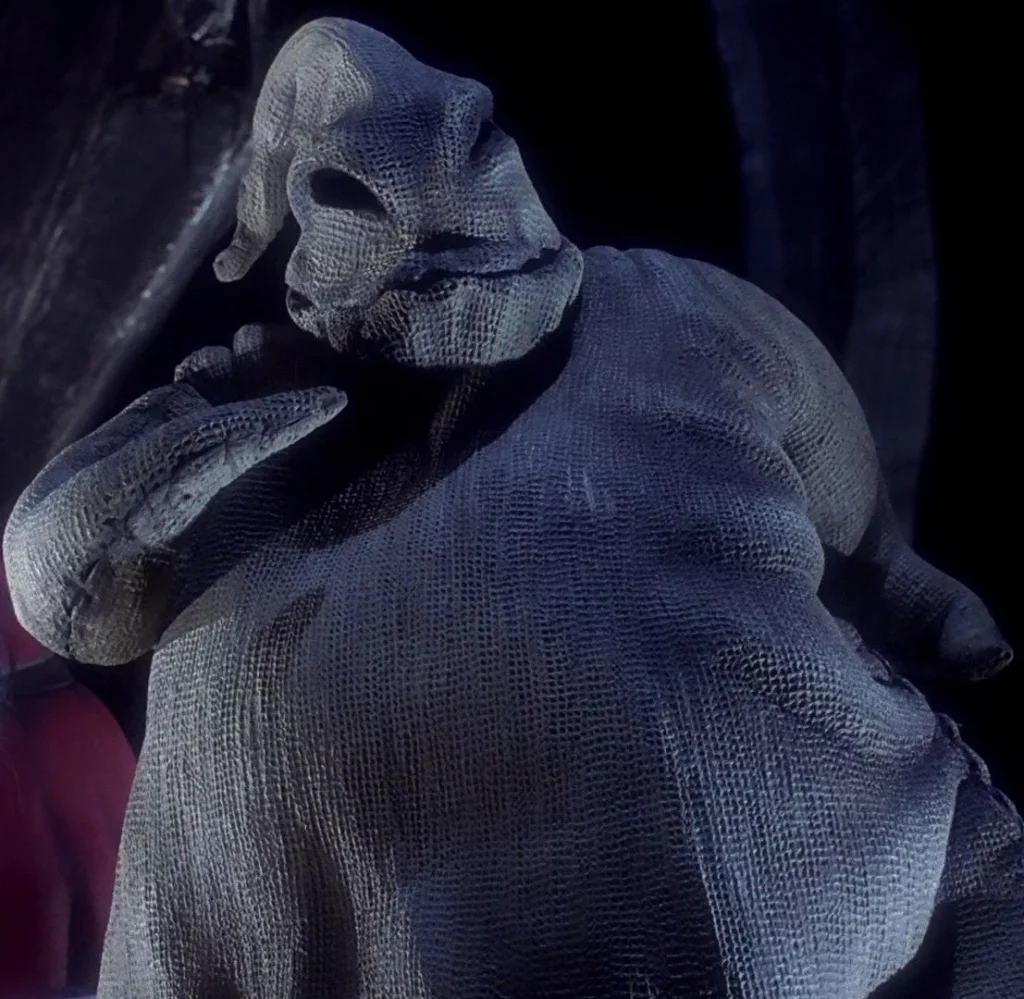 A screenwriter said she found Oogie Boogie’s name to be ‘troubling’ and asked Tim Burton for him to ‘reconsider’ the villain’s name. Credit: Walt Disney Pictures
A screenwriter said she found Oogie Boogie’s name to be ‘troubling’ and asked Tim Burton for him to ‘reconsider’ the villain’s name. Credit: Walt Disney Pictures
In 2016, Miss Peregrine’s Home for Peculiar Children marked the first time Burton cast a Black actor, Samuel L. Jackson, in a prominent role as the villain Barron. Despite this, Burton has continued to face questions about the lack of diversity in his films, particularly when it comes to his portrayal of Black characters.
Wednesday and Further Backlash
The criticism resurfaced with Burton’s involvement in the Netflix series Wednesday, where the portrayal of Black characters, such as Bianca Barclay and Lucas Walker, was met with criticism. These characters were perceived by some as antagonists, and there were complaints about their negative portrayal in the series.
While some defended Burton, pointing out that Bianca was the most popular and attractive girl in her school, others were unsettled by the recurring theme of Black characters being cast in villainous or antagonistic roles.
 Samuel L. Jackson defended Tim Burton when questioned on the director’s work and its lack of diversity. Credit: 20th Century Studios
Samuel L. Jackson defended Tim Burton when questioned on the director’s work and its lack of diversity. Credit: 20th Century Studios
The Beetlejuice Sequel Controversy
The recent Beetlejuice sequel has once again sparked debates about Burton’s handling of race. A particular scene featuring a “Soul Train” sequence, which pays homage to the famous musical variety TV show, has been branded as “racist” by some viewers. The sequence is a nod to the historical significance of Soul Train in celebrating Black culture, particularly during the Civil Rights movement and the Black Power era.
Critics, however, argue that Burton’s inclusion of the sequence feels disingenuous, especially given his history of minimal Black representation in his films. Some viewers expressed that the scene appeared to be an afterthought, feeling “shoehorned” into the story, with one TikTok user claiming it was as if Burton was saying, “Here, damn!”
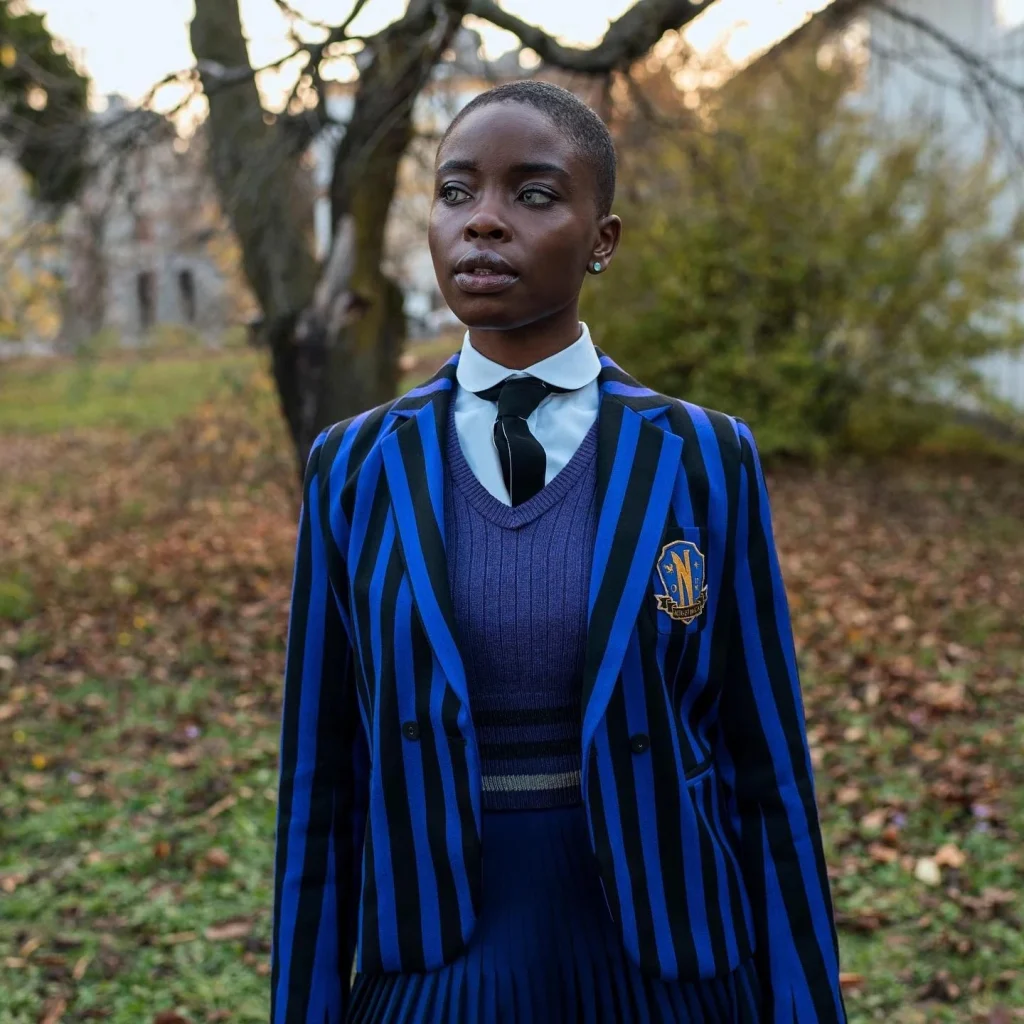 Tim Burton was also criticized for Wednesday’s representation of Black characters. Credit: Netflix
Tim Burton was also criticized for Wednesday’s representation of Black characters. Credit: Netflix
Burton’s Response to Diversity Criticism
Amid this latest backlash, Burton has addressed the issue of diversity in his films. In a previous interview, he explained, “Nowadays, people are talking about it more,” emphasizing that “things either call for things, or they don’t.” He further stated that, as a child, he grew up watching The Brady Bunch, which started introducing more racially diverse characters, a change he found more “offensive” than the lack of racial diversity in his own films.
Burton pointed out that he had also enjoyed watching blaxploitation films and felt no need to ask for more white people in those movies. However, his comments have not sat well with many viewers, especially in the context of the Beetlejuice sequel and his ongoing issues with racial representation.
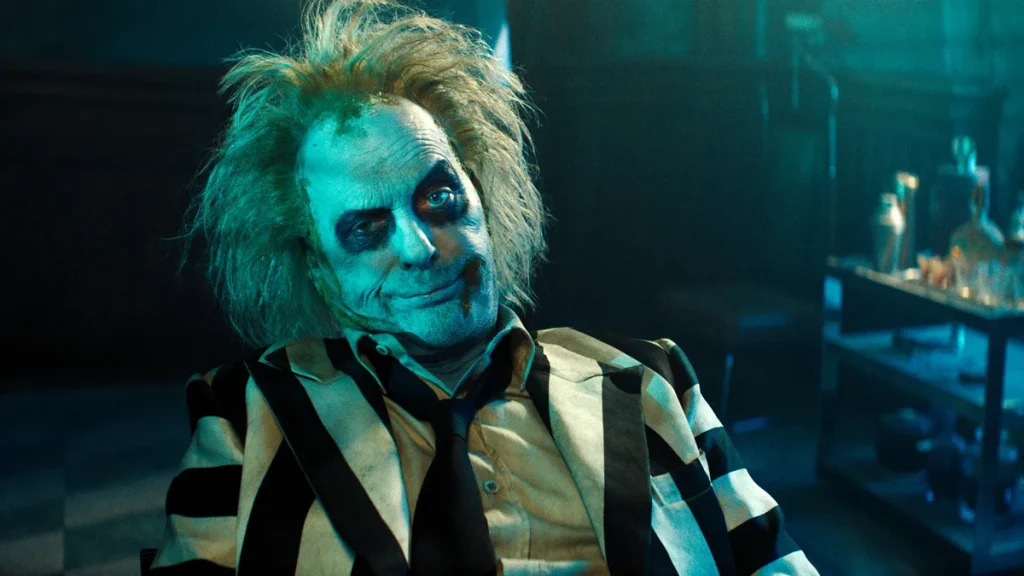 Tim Burton’s work is once again facing scrutiny following the release of Beetlejuice Beetlejuice. Credit: Warner Bros. Pictures
Tim Burton’s work is once again facing scrutiny following the release of Beetlejuice Beetlejuice. Credit: Warner Bros. Pictures
Mixed Reactions to the Sequel’s ‘Soul Train’ Scene
Despite the criticism, some viewers defended the Soul Train scene, praising it for showcasing a piece of Black culture. One fan said, “I actually felt a piece of amazing Black culture come from the ‘Soul Train’ scene,” while another added, “It’s literally an innocent scene, this is reaching. I thought this was one of the best scenes.”
While the debate continues, Burton’s work remains under close scrutiny, especially when it comes to how he chooses to portray race in his films.
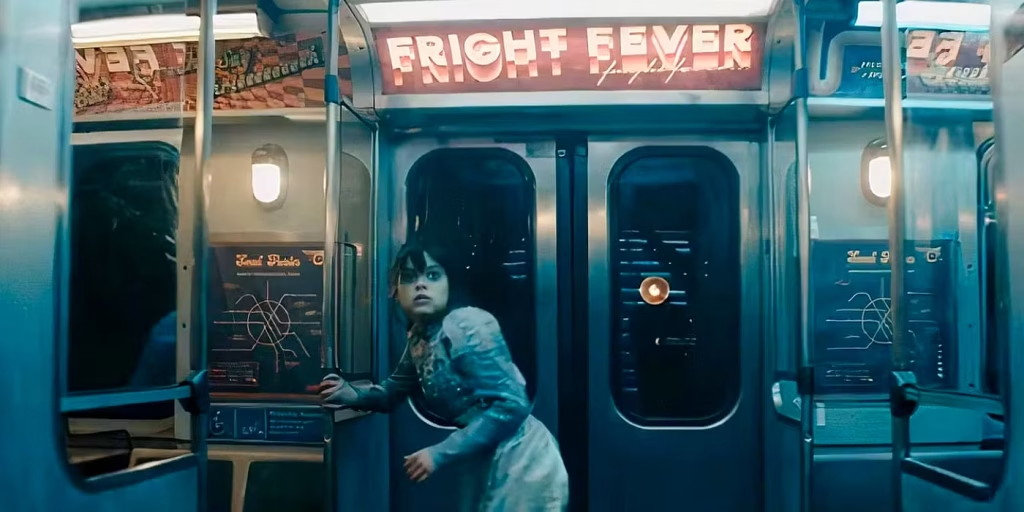 Some Beetlejuice Beetlejuice viewers were left unimpressed by the film’s ‘Soul Train’ sequence. Credit: Warner Bros. Studio
Some Beetlejuice Beetlejuice viewers were left unimpressed by the film’s ‘Soul Train’ sequence. Credit: Warner Bros. Studio
Conclusion
The ongoing discussion surrounding Tim Burton’s portrayal of race in his films highlights a larger conversation about diversity in Hollywood. As Burton continues to face criticism for his lack of representation, the question remains whether he will evolve his approach to casting and storytelling to better reflect the diverse world we live in. Whether or not viewers accept his defense of his artistic choices, the debate about representation in his films is far from over.
